If you’ve ever built a website you know having an SSL certificate is important, but you might not know exactly why or the history of how the SSL certificate came about.
It’s a security measure for both consumers and website owners. It is important to the security of online commerce because it protects sensitive information such as credit card numbers, passwords, and addresses.
SSL certificates are a topic that’s not talked about much so we thought we’d cover this information for you.
When was the first SSL certificate invented and what was it used for?
An SSL certificate was invented by Netscape in 1994 to secure online transactions with their Navigator browser. It was made by using the MD-52 algorithm.
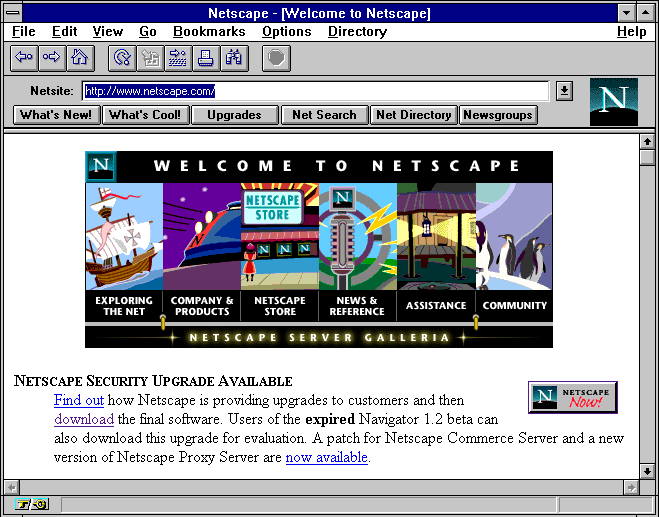
What are some of the most significant milestones in SSL certificates?
- In the 1990s, Netscape creates an SSL security system for its Navigator browser with RSA encryption to prevent eavesdropping and ensure secure transactions on web browsers when sending private information online.
- In 2006 Microsoft announces it will offer SSL protection across its entire product portfolio including Windows Mobile devices.
- In 2007 Google requires that all websites that handle or transmit user data must use SSL, this makes SSL a standard requirement among internet users.
What is an SSL Certificate?
Before explaining what an SSL certificate does, it’s important to understand the difference between Hyper Text Transfer Protocol Secure (HTTPS) and HyperText Transfer Protocol (HTTP).
Both protocols are commonly used when visiting websites on your web browser but they do not both provide security for internet traffic as most users think! For example, if you visit a website without using “HTTPS” in front of its URL then no data sent back and forth from your computer will be encrypted or secured in any way.
If you see that there is just “HTTP” before addressing the site then all information submitted (like passwords) will be sent in plain text and can easily be intercepted by third parties like cybercriminals.
How do SSL certificates work?
An SSL certificate works by using public key infrastructure (PKI) and encrypting all data sent between two systems so that no one can read it except for the server hosting your website or application, which holds a secret private key!
This means you don’t have to worry about cyber criminals obtaining sensitive information like passwords or credit card numbers when they visit your site because this encryption automatically protects them online!
For example, if someone were trying to access my bank account on their own computer then they could easily see all the information I have submitted because that data is sent in plain text.
However, if someone was trying to access my bank account while using an SSL certificate then only I would be able to view it on my own computer once it has been decrypted! This security measure protects me from cybercriminals who are always looking for ways to get sensitive financial information about their victims.
Why are SSL certificates important?
HTTPS protection ensures that all data exchanged between two systems (such as banks or payment processors) remains private and secure at every stage from end to end during transit over the web.
It may seem obvious, but it should be common practice for internet users to check which SSL certificate their online banking or e-commerce site uses before submitting any sensitive information. This is why if you see a website without “HTTPS” make sure to close your browser right away as this indicates that no security measures are protecting user data.
These businesses need to use the HyperText Transfer Protocol Secure (HTTPS). Using this protocol will ensure that there will be no sensitive information sent without SSL protection by using encrypted communication protocols such as TLSSSL so every bit of customer information exchanged is encrypted and kept safe from cybercriminals.
When using HTTPS, hackers won’t have access to consumers’ personal details, passwords, or credit card information when they visit SSL-protected sites.
SSL certificates also provide a boost to your site rankings with Google as they have revealed plans to rank SSL-protected websites higher in their search results.
The Google Chrome browser even throws up a warning screen before the user can access your site claiming that the domain has insecure/unsafe content on it. You defiantly don’t want that shown to your users.

Overall, your website is essential to your business and it needs protection. SSL certificates offer the highest level of security available today and are an essential part of any site that handles user data over the internet, as well as providing a boost to your rankings with search engines. It’s simple–protect your site and get an SSL certificate!
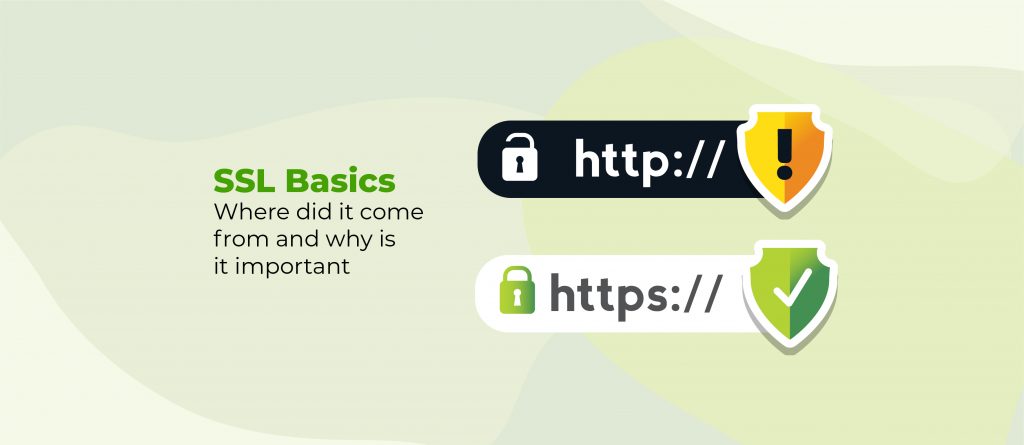
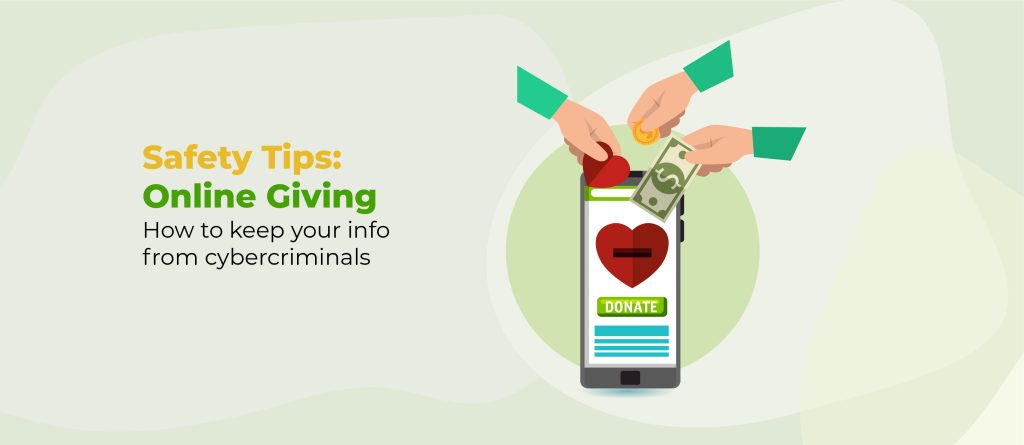
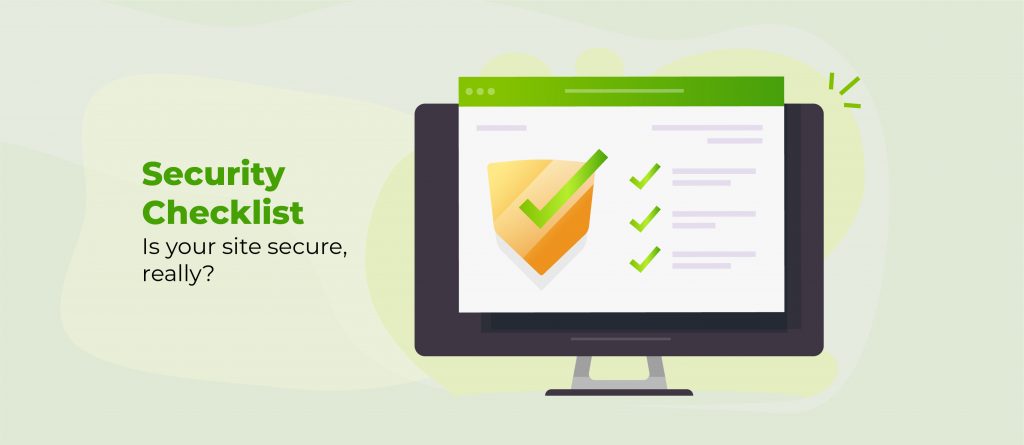
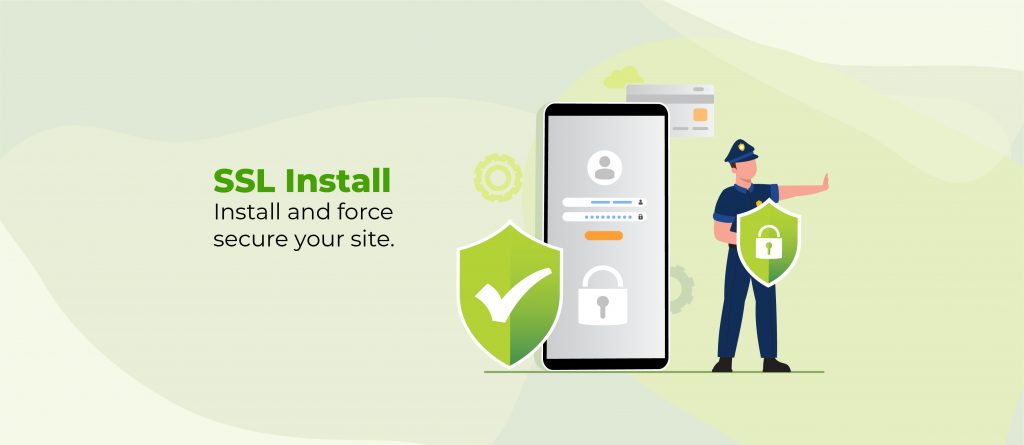
I’d add in that Free Certs like Let’s Encrypt are secure but offer no consumer protection insurance and minimal identity detail. The commercial SSL offerings tend to offer Fraud Insurance, but of course come with an annual fee.
You also have Domain verification, Contact Identity Verification and EV – Extended Company Validation offerings which provide end users greater detail about who they are interacting with.